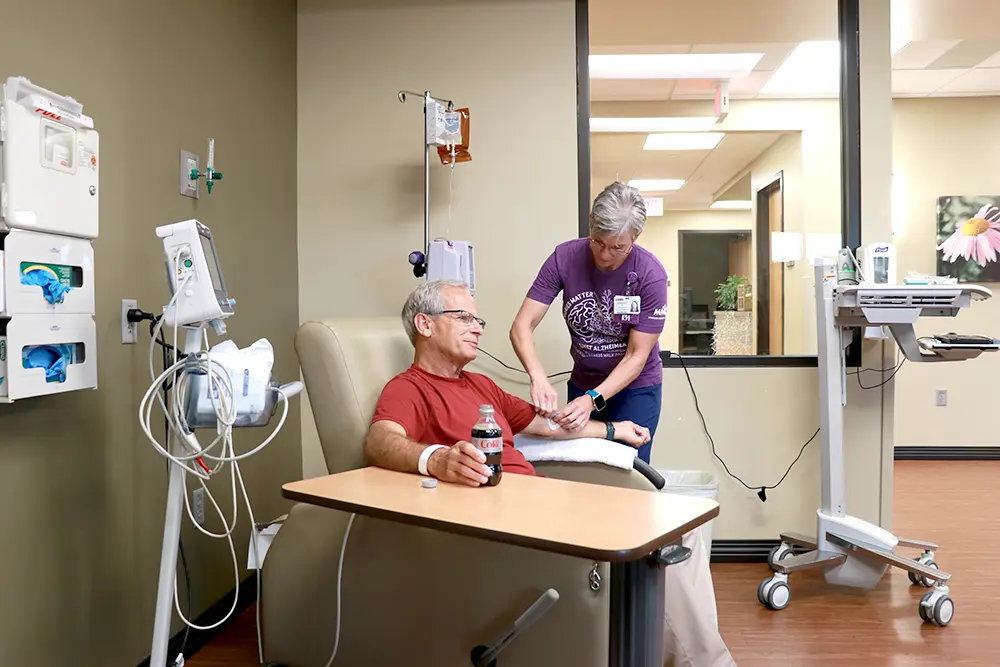Reduce your fall risk as you age
The older you get, the more likely you are to be injured in a fall that could rob you of your independence. Each year, an estimated 1 in 4 seniors falls, often with serious consequences, like fractured bones.
With that in mind, you might want to take steps to reduce your risk of falling. These tips from the Centers for Disease Control and Prevention and other experts can help.
Make your home safer
Since many falls happen at home, start your prevention efforts there. For example, you can:
- Improve the lighting in your home. Replace any dim or burned-out bulbs. Use a night-light or put a lamp near your bed in case you need to use the bathroom at night.
- Reduce tripping hazards. Pick up objects from the floor. Run power cords alongside walls. Remove any loose rugs. If needed, have someone help you reposition your furniture for clearer pathways.
- Use nonslip mats in the tub. And have grab bars installed.
Stay steady on the go
To help avoid falling when you're out and about, choose well-fitting shoes with nonslip soles and low heels. Tread carefully around uneven curbs and sidewalks.
If your winters are icy, use traction sand or deicer products around doors and walkways.
Keep moving your body
Age-related loss of strength and muscle mass is part of the reason some older adults fall. Regular exercise, like walking and strength training, can help you stay strong. For better balance, consider yoga or tai chi.
Manage any medical conditions that might make you fall
Ask your doctor if any health conditions or medicines you take might cause you to fall. For instance, some medications can cause dizziness or drowsiness. And diabetes, foot problems and postural hypotension (low blood pressure when you stand up) can affect your balance.
Having poor vision or hearing could also cause you to take a tumble. So have your eyes and hearing checked regularly, and update any lens prescriptions.
Enlist your doctor's help to prevent falls
At your next checkup, ask your doctor about your risk of falling and other ways you can help reduce it.
Additional sources: National Council on Aging; National Institute on Aging



